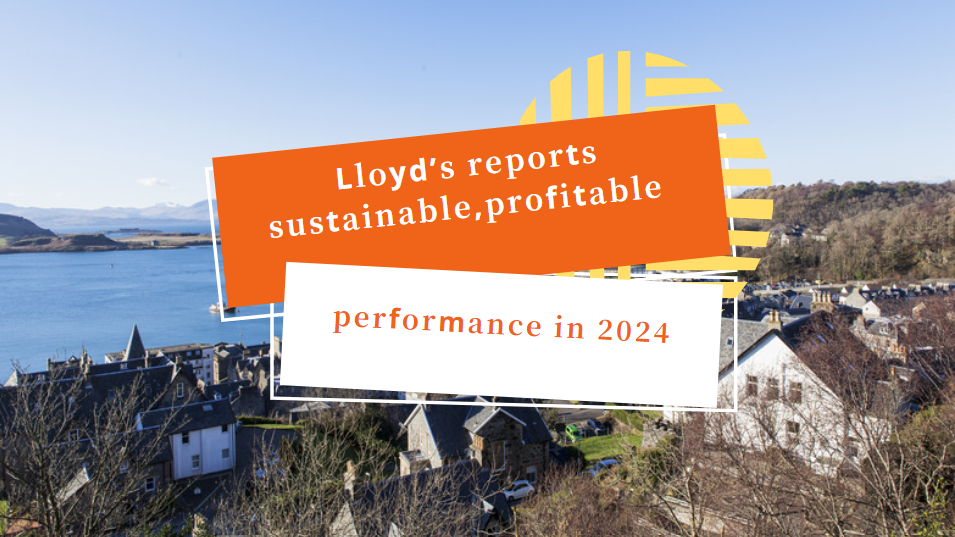China’s Credit Improvement: Building a Transparent Future Through a Unified Social Credit Ecosystem
China has launched an ambitious plan to overhaul its social credit system, aiming to weave credit mechanisms into the fabric of society. The new guidelines, unveiled by the Communist Party of China and the State Council, promise a unified, legally robust, and transparent framework designed to boost economic growth and stabilize markets. Here's how the system will reshape trust and accountability across sectors:
Government Accountability Under the Spotlight
Public institutions face stricter credit scrutiny, with penalties for breaches in areas like resource allocation and taxation. Funding restrictions and project bans await non-compliant agencies, while public officials will undergo enhanced oversight to ensure ethical governance.
Corporate Transparency Ramped Up
Businesses, especially state-owned enterprises, must embrace stricter compliance and disclosure standards. Credit ratings will directly impact financing, investments, and procurement bids, while industry associations will enforce ethical norms to foster a fair business climate.

Individuals Enter the Credit Spotlight
Professionals in sectors like finance, law, and healthcare will see credit assessments influence career paths and licensing. Safeguards against data misuse ensure only relevant information is used, balancing transparency with privacy.
Judicial Transparency and Enforcement
Courts will disclose rulings more widely, while law enforcement officers face credit evaluations. Harsher penalties for legal misconduct and fraudulent lawsuits aim to deter wrongdoing, with clear processes for addressing serious violations.
Data Security and Centralized Management
A national credit database, overseen by the NDRC, will compile cross-industry records. Blockchain technology may enhance data security, while the “Credit China” platform will centralize access to verified credit information, reducing discrepancies.
Rewards for Trustworthiness, Penalties for Missteps
High-credit entities will enjoy financing perks and regulatory ease, while a credit rehabilitation mechanism allows past offenders to rebuild trust. This balance of incentives and consequences aims to drive compliance without stifling innovation.
Foreign Businesses Navigate New Rules
International firms must adapt to stricter transparency demands, as credit ratings tie into market access and investment incentives. Cross-border financial institutions will also face updated data-sharing protocols, requiring vigilant compliance strategies.
A Credit-Driven Future
China's credit revolution seeks to institutionalize trust through accountability and data governance. Success hinges on safeguarding against data overreach while remaining adaptable to economic and technological shifts. For global players, aligning with this evolving ecosystem will be key to unlocking opportunities while managing risks.
As China's credit framework evolves, the world watches—a bold experiment in blending regulation with innovation.





















































First, please LoginComment After ~